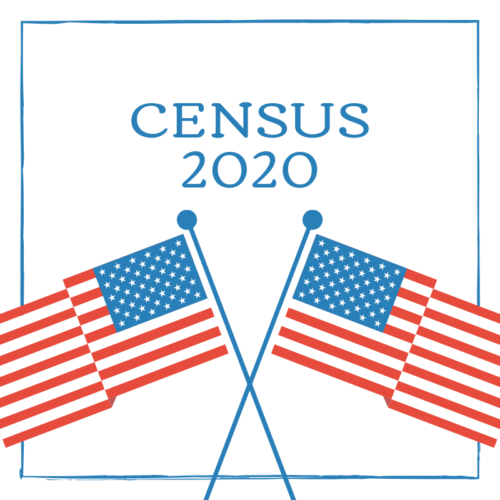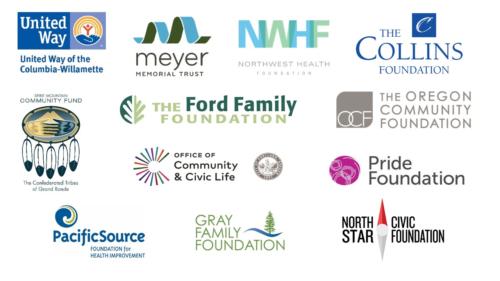The 2020 Census Sparks Collaboration

Census Equity Funders Committee of Oregon
WHO WE ARE (so far…)

STATEMENT OF PRINCIPLES
Our purpose:
As Oregon funders, we recognize the critical nature of the federal census to all the populations we aim to serve in our individual organizations, particularly (though not exclusively) because census data will affect the allocation of state and federal resources to those populations for a decade or more. We believe that collaborating and coordinating our approach as funders are the best way to support an accurate count in 2020, which in turn supports recognition of and public funding for Oregon communities.
Our intended outcomes:
● Decreased undercounts and increased overall participation in the 2020 census
● Reduced real and perceived harm of census across all Oregon communities
● Increased availability of accurate census information to traditionally undercounted communities
● Increased awareness of the impacts a census undercount could have to typically underrepresented communities
● Increased organizing capacity in traditionally undercounted communities
Our equity lens:
We recognize that structural racism, other oppressions, and geographic isolation have historically suppressed census counts of certain communities and that this continues to have compounding negative impacts on resources and outcomes for those communities. Therefore, we believe that investing first and most in efforts that arise from and focus on communities of color and populations that experience barriers to census and civic participation is the best way to ensure that our work ultimately benefits all Oregonians. We will prioritize support for: culturally and linguistically appropriate strategies; organizations and communities that otherwise do not have access to the resources needed; and otherwise isolated and “hard to count” communities.
Our collective commitments:
● Applying an equity lens to our work/decisions (as noted above) and focusing our attention on “hard to count” populations and areas of the state
● Connecting with community-based organizations early and often to center their expertise and perspectives (with appropriate compensation), while being sensitive not to over-promise
● Supporting community organizations to coordinate with and learn from each other about effective strategies to reach “hard to count” populations
● Developing a coordinated funding model that pools or aligns funds using a “no wrong door” policy that minimizes application hurdles for community organizations
● Emphasizing funding approaches that intentionally support long-term capacity (particularly organizing capacity) for community organizations for the census and beyond
● Connecting and engaging with other partners—government, health systems, universities, schools, faith communities, chambers—to maintain a landscape scan of assets, activities, and challenges around the state with respect to the 2020 census
● Honoring historical knowledge in communities while being responsive to their changing contexts and conditions (including technical issues that present challenges for digital census participation)
● Supporting approaches that ensure that communities are informed about the potential positive and negative impacts of engaging in the census in order to make informed choices
● Exploring support for community-validated counts as an immediate follow-on to census work, dependent on community interest and identified leverage points
● Revisiting these commitments if and when the need arises to adjust or reaffirm them
